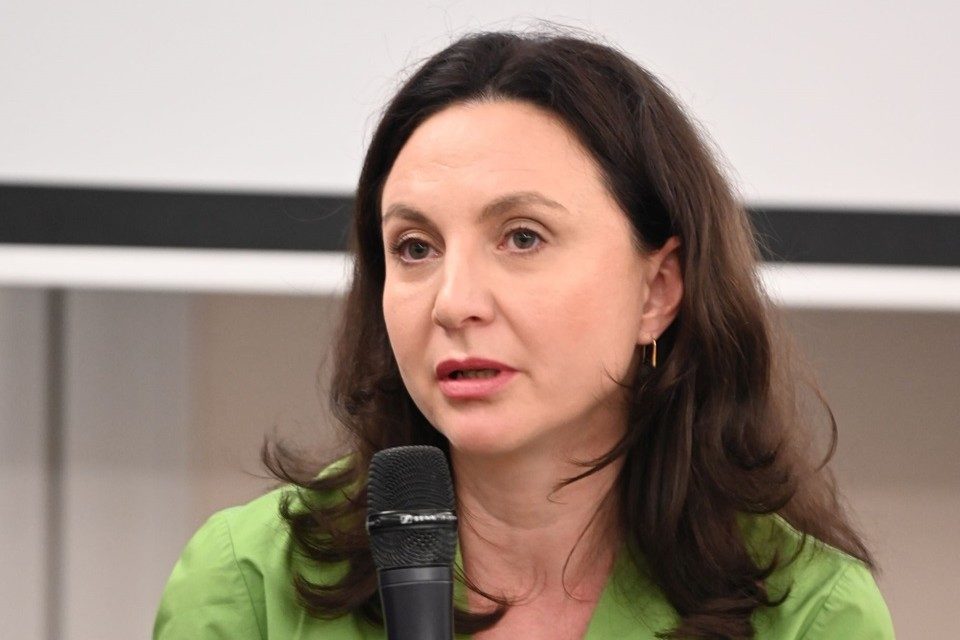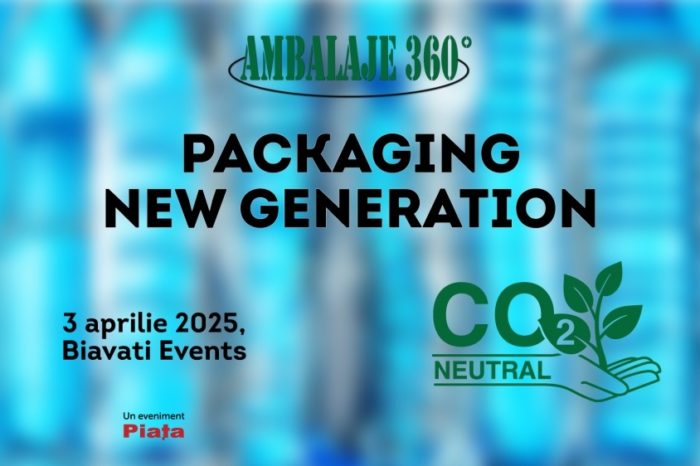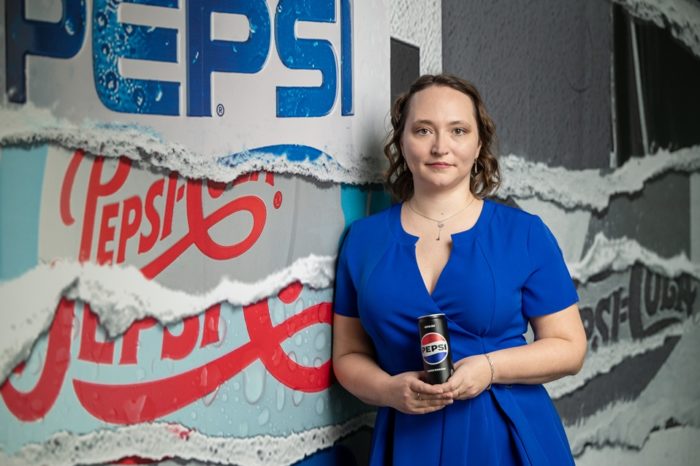Oana Popa, Regina Maria: “AI will eliminate some jobs, but it will also create new ones and help people develop new skills”

“At this moment we are witnessing a major reconfiguration of the work environment. From a neuroscience point of view, there are studies that say that other areas of the brain are activated when we interact in the digital environment vs. what happens in face-to-face interactions.
This happens to each of us because we were biologically built that way. And when we go through a major change like this, it is the responsibility of each of us to adapt.
From the point of view of wellbeing programs, companies and employers can create a framework that facilitates access to such programs, which also means a culture of wellbeing, but in the end, the responsibility lies with the employee to practice and to be aware of this part of personal wellbeing,” Oana Popa, Health & Wellbeing Lead, Regina Maria said during HR Conference | Elevating Work powered by The Diplomat-Bucharest.
“In the United States, companies have started implementing wellness programs since the 80s. It has been observed that as an individual advances in the company, his stress level also increases. The highest incidence of burnout and chronic fatigue is recorded at C-level and executive level.
What we observe in the programs we have – now we have 11,000 companies and 830,000 employees as subscribers – is that where there is involvement at the management level, at the leadership level in terms of the wellbeing part, the employees are more likely to embrace these programs.
And one of the main tools that we have, and I think it works extremely, extremely well, as a tool for management as well, but of course for other employees as well, is an emotional first aid course that teaches managers and teams to identify which are the signs that could lead to a burnout.
When we talk about burnout, we are talking about some stressful factors and some stages that the person went through before getting there. In terms of costs, there are estimates that say that the costs that are recorded with those employees who come to work but are not productive because they have various physical or psycho-emotional health imbalances, is 10 times higher than the costs of absenteeism.
AI will never be able to compensate 100% human presence, because, at least until now, empathy, compassion and consciousness cannot be covered by AI. On the other hand, it is true that AI will lead to the replacement or elimination of some jobs that are held by humans. But I don’t see this as necessarily a bad thing, because there are many situations where people could no longer physically cope with certain jobs. But at the same time, AI will lead to new jobs, so people can develop new skills.”
Having graduated with degrees in economics and psychology, Oana Popa boasts over two decades of extensive experience in the corporate sector. At present, she is Health and Wellbeing Lead within Regina Maria – The Healthcare Network.
With a solid foundation in clinical psychology and psychotherapy, she supports a holistic approach to promoting physical and psychosocial wellbeing. Her objective is to encourage prevention and maintain balance in physical, mental, and emotional aspects. By actively participating in the development of wellbeing programs for companies across various industries, she plays a key role in fostering a supportive work environment and empowering the community to adopt a healthy and balanced lifestyle.
Full recording of the conference HERE.













